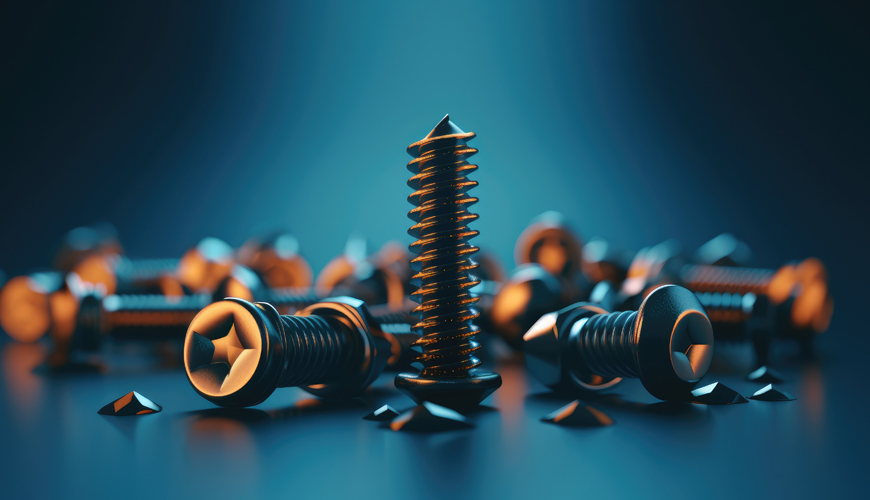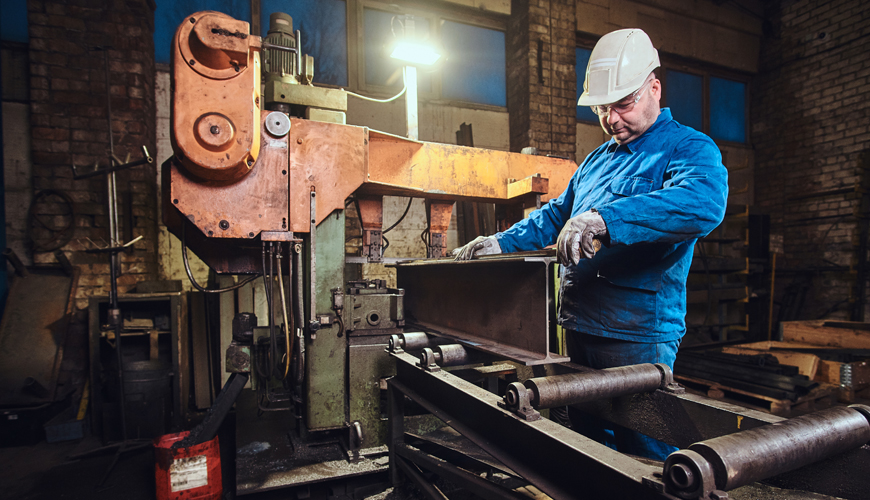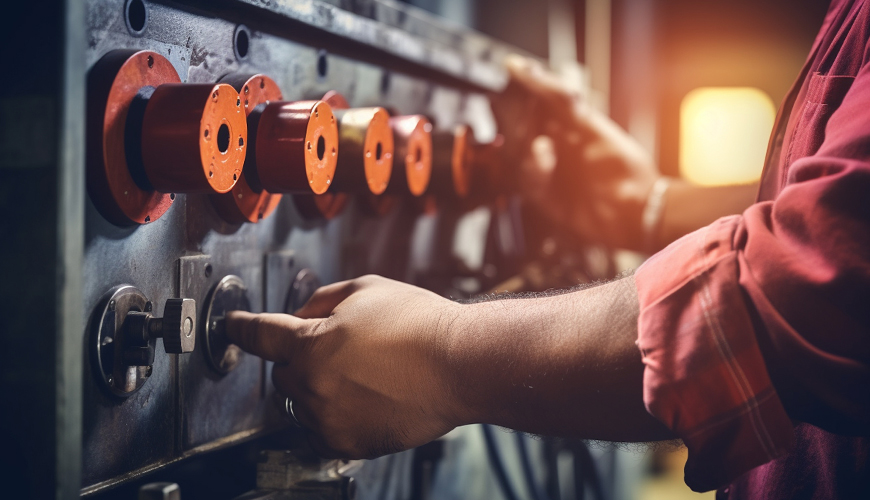Understanding Hub Bolts: Design Innovations, Performance Metrics, and Industry Applications

Understanding Hub Bolts: Design Innovations, Performance Metrics, and Industry Applications
Hub bolts are essential components in automotive and industrial machinery, crucial for securing assemblies and ensuring operational reliability. This blog explores the intricate details of hub bolts, including their design innovations, performance metrics, and diverse industry applications.
Introduction to Hub Bolts
Hub bolts are specialized fasteners designed to secure components such as wheels, hubs, and other assemblies to the axle or spindle of vehicles and machinery. They play a critical role in maintaining structural integrity and operational safety. Hub bolts come in various types, including standard hub bolts, flange bolts, and shoulder bolts, each designed to meet specific application requirements.
Design Innovations in Hub Bolts
Structural Design
Modern hub bolts feature advanced structural designs aimed at enhancing strength, durability, and reliability:
(1) Multi-stage forging
This manufacturing process enhances the grain structure of the bolt, improving its overall strength and resistance to fatigue.
(2) Thread designs
Innovations in thread geometry and pitch ensure optimal engagement with nuts or threaded holes, reducing the risk of loosening over time.
(3) Integrated washers
Some hub bolts incorporate built-in washers or flanges to improve load distribution and increase clamp force, which is crucial for maintaining tight connections in high-stress environments.
Materials and Manufacturing
The materials used in hub bolts significantly impact their performance and longevity:
(1) Alloy steels
High-strength alloy steels like AISI 4140 or similar grades are commonly used for their excellent tensile strength and toughness, making them suitable for heavy-duty applications.
(2) Stainless steel
Stainless steel hub bolts offer corrosion resistance, crucial for applications exposed to moisture or harsh environments.
(3) Titanium alloys
In aerospace and high-performance automotive sectors, titanium alloys provide exceptional strength-to-weight ratios, reducing overall vehicle weight without compromising strength.
Coatings and Surface Treatments
Surface treatments and coatings enhance the durability and performance of hub bolts:
(1) Zinc plating
Zinc plating provides a protective layer against corrosion, extending the lifespan of hub bolts used in outdoor or humid conditions.
(2) Phosphate coatings
These coatings improve lubrication between the bolt and nut threads, reducing friction during assembly and disassembly.
(3) Dacromet coatings
Dacromet coatings offer superior corrosion resistance and are often used in automotive and industrial applications where exposure to harsh chemicals or salt spray is a concern.
Performance Metrics of Hub Bolts
Strength and Load Capacity
Hub bolts undergo rigorous testing to ensure they meet specific strength and load-bearing requirements:
(1) Tensile strength
The maximum pulling force a bolt can withstand before fracturing.
(2) Yield strength
The stress level at which a bolt undergoes permanent deformation.
(2) Fatigue resistance
Hub bolts are tested for their ability to withstand repeated stress cycles without failure, ensuring long-term reliability in dynamic applications.
Torque Specifications
Accurate torque application is crucial for effective hub bolt installation and performance:
(1) Torque values
Manufacturers provide specific torque settings for each bolt size and application to ensure proper clamping force without over-torquing, which can lead to bolt failure or thread damage.
(2) Torque wrench calibration
Regular calibration of torque wrenches ensures accurate torque application, critical for maintaining safety and reliability.
(3) Impact of under-torquing and over-torquing
Improper torque application can lead to loose connections, compromising safety, or over-torquing, which may cause bolt stretching or thread stripping.
Environmental and Operational Factors
Hub bolt performance is influenced by various environmental and operational conditions:
(1) Temperature extremes
Extreme temperatures can affect the material properties of hub bolts, influencing their strength and resistance to fatigue.
(2) Moisture exposure
Hub bolts in outdoor or humid environments are susceptible to corrosion, necessitating corrosion-resistant materials or coatings.
(3) Vibration and shock loads
In industrial and automotive applications, hub bolts must withstand vibrations and shock loads without loosening, requiring secure fastening solutions and anti-vibration measures.
Industry Applications of Hub Bolts
Automotive Sector
Hub bolts play a crucial role in automotive safety, performance, and reliability:
(1) Wheel hub assemblies
Securing wheels to axles ensures vehicle stability and safety during operation.
(2) Suspension systems
Hub bolts in suspension components support vehicle weight and absorb road shocks, enhancing ride comfort and handling.
(3) Braking systems
Properly torqued hub bolts are essential for maintaining brake performance and wheel alignment, ensuring safe braking operations.
Industrial Machinery
Hub bolts are indispensable in various industrial machinery applications:
(1) Machinery assemblies
Securing rotating components such as pulleys, gears, and shafts ensures operational reliability and safety.
(2) Heavy equipment
Hub bolts in construction and mining equipment endure heavy loads and harsh conditions, requiring robust materials and reliable fastening solutions.
(3) Power transmission
Hub bolts in gearboxes and couplings facilitate efficient power transmission, ensuring smooth operation and minimal downtime.
Aerospace and Defense
Hub bolts in aerospace and defense applications must meet stringent safety and performance requirements:
(1) Aircraft landing gear
Hub bolts secure critical components in landing gear assemblies, ensuring structural integrity and safety during takeoff and landing.
(2) Military vehicles
In armored vehicles and military equipment, hub bolts withstand extreme conditions and dynamic loads, contributing to mission success and personnel safety.
(3) High-performance requirements
Aerospace and defense applications demand hub bolts capable of withstanding high stress, fatigue, and environmental extremes, requiring advanced materials and precision manufacturing.
Conclusion
Understanding the design innovations, performance metrics, and diverse industry applications of hub bolts underscores their critical role in ensuring safety, reliability, and efficiency across automotive, industrial, aerospace, and defense sectors. As technological advancements continue to evolve, the future of hub bolts lies in further enhancing materials, manufacturing techniques, and design engineering to meet evolving challenges and performance demands.
At Benz Auto Corporation, we are committed to delivering high-quality hub bolts that exceed industry standards. Contact us to explore our innovative solutions tailored to your specific needs and applications.



